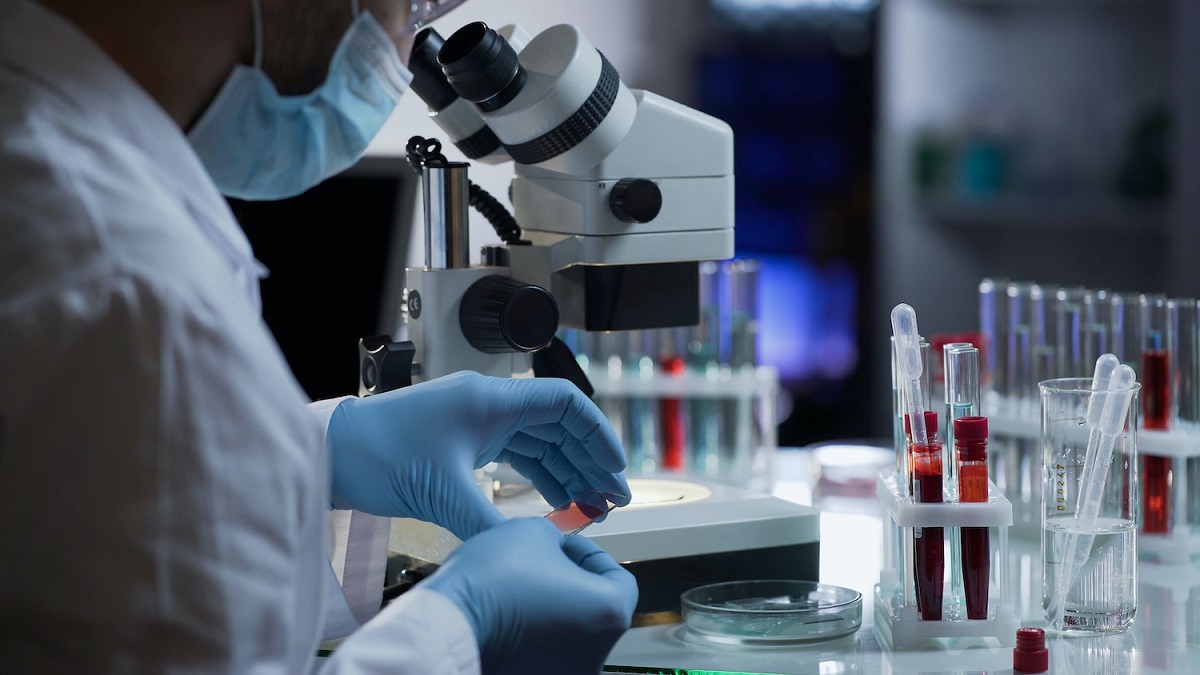Public Health England made a statement that Covid antibody tests are 100 percent accurate. These tests can tell whether someone has had the infection and has been approved for public use in the UK. The test, made by Roche a Swiss Pharmaceutical company, will identity almost everyone who has had Covid-19, with experts hopeful these people could be immune from catching it again for up to three years.
- READ MORE: Covid: how to make a surgical mask at home
- READ MORE: Covid: how to make a hand sanitizer at home
The antibody test for detecting Covid
An immunologist at Oxford University, Sir John Bell involved in evaluating antibody kits for the government said the process is going ‘step in the right direction’. However, he admitted approving tests takes ‘longer than it should’, after it was revealed US regulators at the FDA approved the kit eleven days ago.
Antibody tests are designed to tell if someone has contracted the virus in the past. They do not accurately tell if someone is currently infected. Scientists hope that those whose body developed antibodies after recovering from the virus could develop immunity for two or three years, making them safe to return to work. But the World Health Organisation has repeatedly cast doubt on whether people can become immune at all.
Sir John said that this is a good result. It’s a step in the right direction in the evolution of these anti-body tests. To get one that works this well is a major step forward. But when questioned why the UK was eleven days slower than the US in approving Roche’s test, he added that I think the approval mechanism does take longer than it should ideally do.
Sir John added that this is not like the swab test where there is a certain urgency to get that in play. Once you get antibodies your antibodies stick around probably for a year or two. And all it tells you, just to be crystal clear, is whether you’ve had the infection or not, so in terms of treat approved test available on the market now but there will be further iterations of these tests because there are ways to make them better. He also revealed that none of the home-antibody tests his team had evaluated for the government at an Oxford lab were accurate enough.
The new Roche test also has a ‘specificity’ of 99.8 per cent, meaning it generates very few ‘false positives’, which is when it indicates someone has been infected when they have not. For every thousand people who take the test only two will be given a false-positive result. False positives, however, caused by poor specificity, may lead people to believe they are immune when they’re not, causing their behaviour to become riskier, or to receive treatment that they don’t need.

